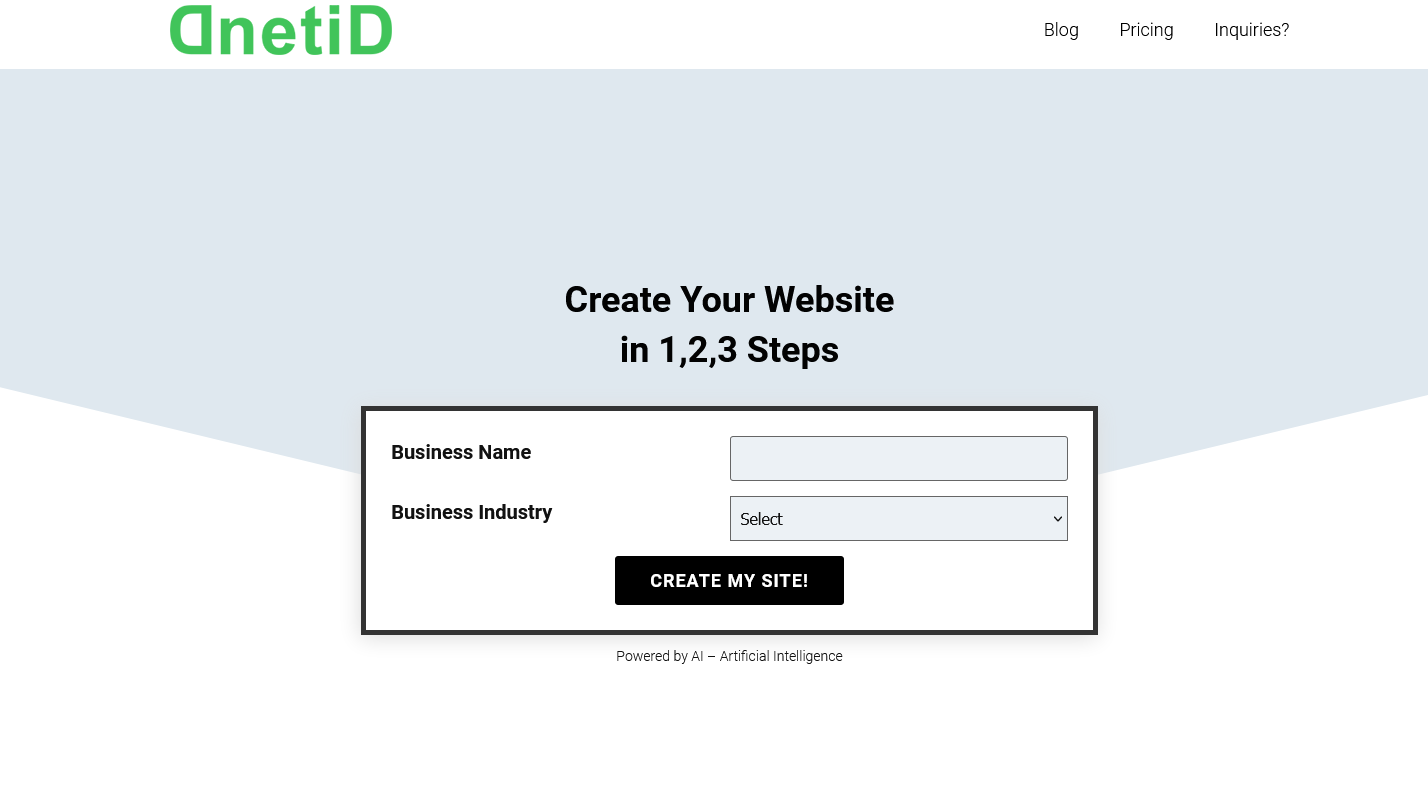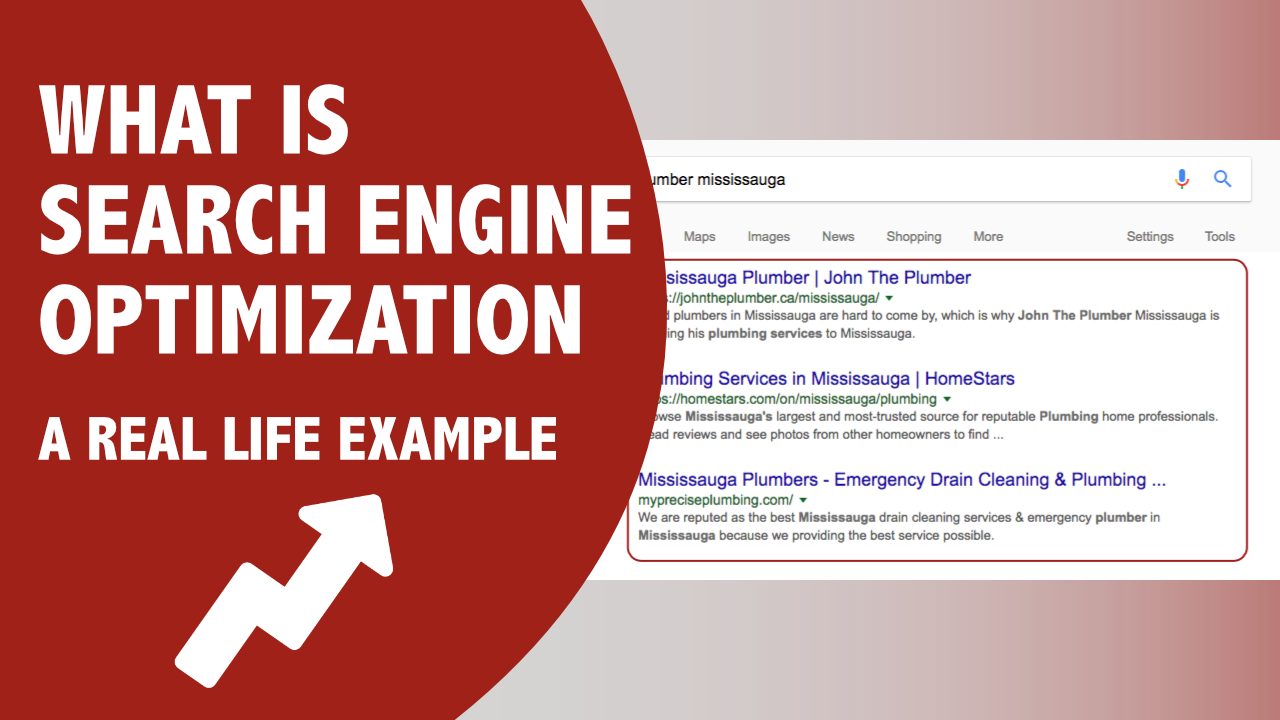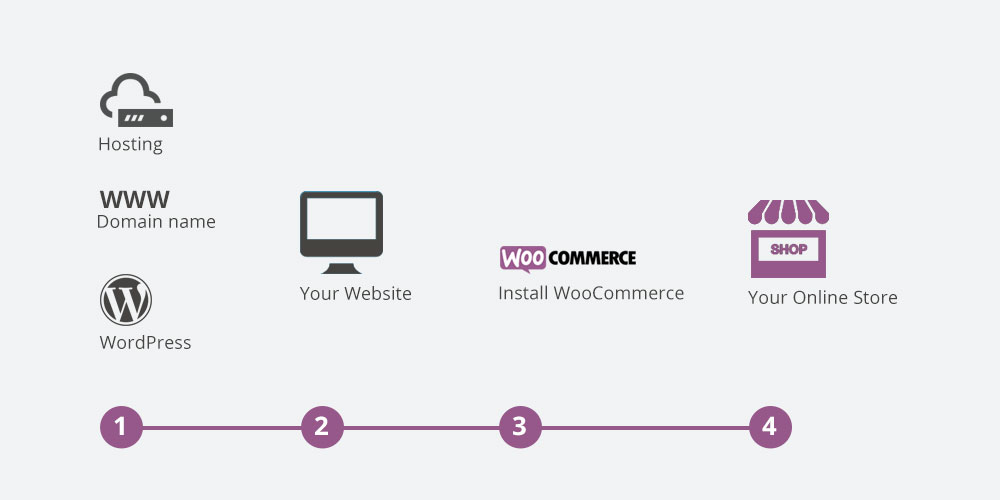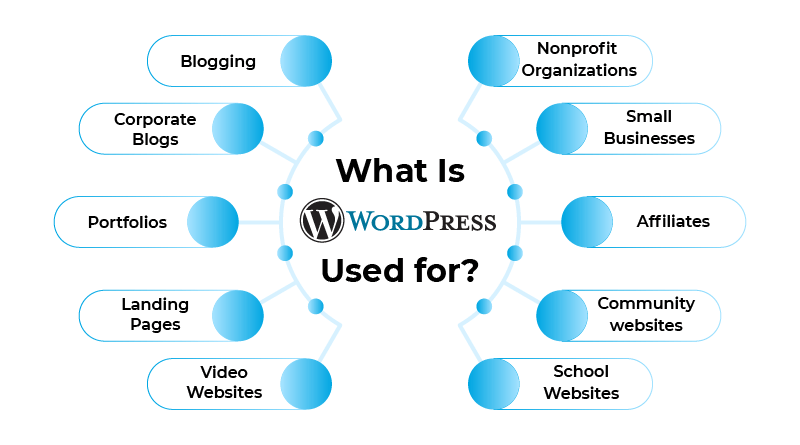In today’s digital age, nearly everyone is online. With billions of searches conducted daily, businesses…

Why a Website Makes You Look Professional
In today’s digital age, having an online presence is more than a mere convenience—it’s a necessity. One of the most powerful tools at your disposal is a well-designed website. For individuals and businesses alike, a website is a central hub that showcases your skills, products, and services to the world. But beyond functionality, a website offers something more intangible yet equally important: it makes you look professional. In this post, we’ll explore why a website makes you look professional, diving into the key elements that contribute to a polished online presence and how this perception can benefit you.
First Impressions Matter
When someone hears about your business or personal brand, the first thing they are likely to do is search for you online. This is where your website comes into play. A well-crafted website serves as your digital storefront, providing visitors with their first impression of who you are and what you offer. In just a few seconds, a potential customer can form an opinion based on the aesthetics, functionality, and content of your site. A professional-looking website can instantly establish credibility and trust.
Design and Aesthetics
The design of your website is one of the most immediate indicators of professionalism. A clean, modern, and visually appealing design reflects well on your brand. It suggests that you are up-to-date, detail-oriented, and serious about your online presence. High-quality images, consistent color schemes, and intuitive navigation all contribute to a positive user experience. Investing in professional web design can make a significant difference in how visitors perceive you.
Mobile Responsiveness
In a world where mobile internet usage surpasses desktop, having a mobile-responsive website is crucial. A professional website adapts seamlessly to different screen sizes and devices, ensuring that users have a smooth experience whether they are browsing on a smartphone, tablet, or desktop. This responsiveness not only improves usability but also signals to your audience that you are tech-savvy and considerate of their needs.
Content Quality and Relevance
Why a website makes you look professional goes beyond just visual appeal. The quality and relevance of your content play a vital role in shaping perceptions. Your website should provide valuable information that addresses the needs and interests of your audience. This includes well-written text, informative blog posts, engaging multimedia, and clear calls to action.
Clear and Concise Messaging
Professional websites communicate their message clearly and concisely. Whether it’s explaining your services, detailing your company’s mission, or sharing your expertise through blog posts, your content should be easy to understand and free of jargon. This clarity demonstrates that you respect your audience’s time and are confident in your offering.
Regular Updates and Fresh Content
A static website with outdated information can damage your credibility. Regularly updating your website with fresh content shows that your business is active and thriving. This could be through blog posts, news updates, or new product listings. Keeping your content current not only improves your search engine ranking but also signals to visitors that you are engaged and committed to providing value.
Demonstrating Expertise
A professional website is an excellent platform to showcase your expertise and build authority in your field. By sharing knowledge through detailed articles, case studies, white papers, and tutorials, you position yourself as a thought leader. This not only attracts visitors but also builds trust and loyalty among your audience.
Case Studies and Testimonials
Including case studies and testimonials from satisfied clients can significantly enhance your credibility. Real-life examples of how your products or services have solved problems for others provide social proof and reinforce the perception that you are a reliable and competent professional.
Industry Recognition
If you have received any awards, certifications, or media mentions, be sure to highlight these on your website. Such accolades serve as third-party validation of your expertise and can significantly boost your professional image.
Enhancing User Experience
Why a website makes you look professional is also linked to the overall user experience (UX). A website that is easy to navigate, fast-loading, and accessible creates a positive impression and encourages visitors to spend more time exploring your content.
Intuitive Navigation
Users should be able to find what they are looking for quickly and easily. An intuitive navigation structure, with clearly labeled menus and a logical flow, helps visitors find information without frustration. A well-organized website reflects an organized business.
Fast Loading Times
In an era of instant gratification, a slow-loading website can be a major turn-off. Studies show that users are likely to abandon a site if it takes more than a few seconds to load. Fast loading times not only improve user experience but also contribute to better search engine rankings.
Accessibility
Ensuring that your website is accessible to people with disabilities is not just a legal requirement in many regions; it also demonstrates inclusivity and professionalism. Features such as alt text for images, keyboard navigation, and screen reader compatibility make your site usable for a wider audience.
Building Trust and Credibility
Trust is a cornerstone of any professional relationship. A website that looks professional can significantly enhance your credibility and foster trust with your audience.
Security Features
Implementing security features such as SSL certificates, secure payment gateways, and privacy policies assures visitors that their data is safe. Visible security measures can alleviate concerns about online transactions and personal information, making users more likely to engage with your site.
Transparent Information
Providing clear contact information, company details, and customer service options helps build trust. An “About Us” page that shares your story, values, and team members adds a personal touch and makes your business more relatable.
Showcasing Products and Services
For businesses, a professional website is an essential platform to showcase products and services. High-quality photos, detailed descriptions, and customer reviews can significantly impact purchasing decisions.
E-commerce Integration
If you sell products online, integrating e-commerce functionality into your website is a must. A professional-looking online store with seamless checkout processes, multiple payment options, and clear return policies enhances the shopping experience and boosts sales.
Service Pages
For service-based businesses, detailed service pages that outline what you offer, the benefits, and the process involved can help potential clients understand how you can meet their needs. Including FAQs, pricing information, and booking options can further streamline the decision-making process.
Leveraging Social Proof
Social proof is a powerful psychological phenomenon where people look to others’ actions and opinions to determine their own. A professional website effectively leverages social proof to enhance credibility.
Customer Reviews and Ratings
Displaying customer reviews and ratings prominently on your website can influence potential buyers. Positive feedback from real customers serves as a testament to the quality of your products or services and reassures new visitors of your reliability.
Social Media Integration
Integrating social media feeds and sharing buttons allows visitors to see your online activity and engagement with followers. Active social media profiles linked to your website demonstrate that you are an accessible and responsive business.
SEO and Online Visibility
Why a website makes you look professional also ties into how well it is optimized for search engines. A professional website is designed with SEO best practices in mind, ensuring that your site ranks well and attracts organic traffic.
Keyword Optimization
Using relevant keywords throughout your website content helps search engines understand what your site is about and improves your ranking for those terms. Well-optimized pages attract more visitors, increasing your online visibility and professional standing.
Quality Backlinks
Earning backlinks from reputable websites signals to search engines that your site is trustworthy and authoritative. Engaging in guest blogging, partnerships, and PR efforts can help you build a strong backlink profile.
Analytics and Continuous Improvement
A professional website is not a static entity; it evolves based on data and user feedback. Utilizing analytics tools allows you to monitor performance and make informed decisions to improve your site continuously.
User Behavior Insights
Analytics tools provide insights into how visitors interact with your website. Understanding user behavior, such as which pages are most visited and where users drop off, helps you optimize your site for better engagement and conversions.
A/B Testing
Conducting A/B tests on different elements of your website, such as headlines, images, and calls to action, allows you to determine what resonates best with your audience. This data-driven approach ensures that your website remains effective and professional.
Conclusion
In summary, why a website makes you look professional is multifaceted. From design and content quality to user experience and trust-building features, a well-crafted website is a powerful asset that enhances your credibility and authority. It serves as a digital storefront, a knowledge hub, and a communication platform, all of which contribute to a professional image. In an increasingly digital world, investing in a professional website is not just an option—it’s a strategic necessity that can propel your brand forward and set you apart from the competition.



